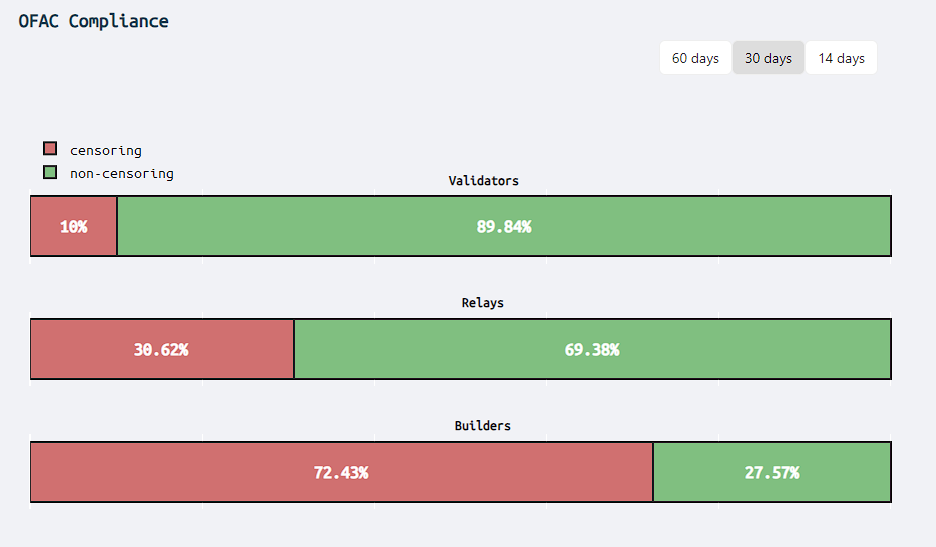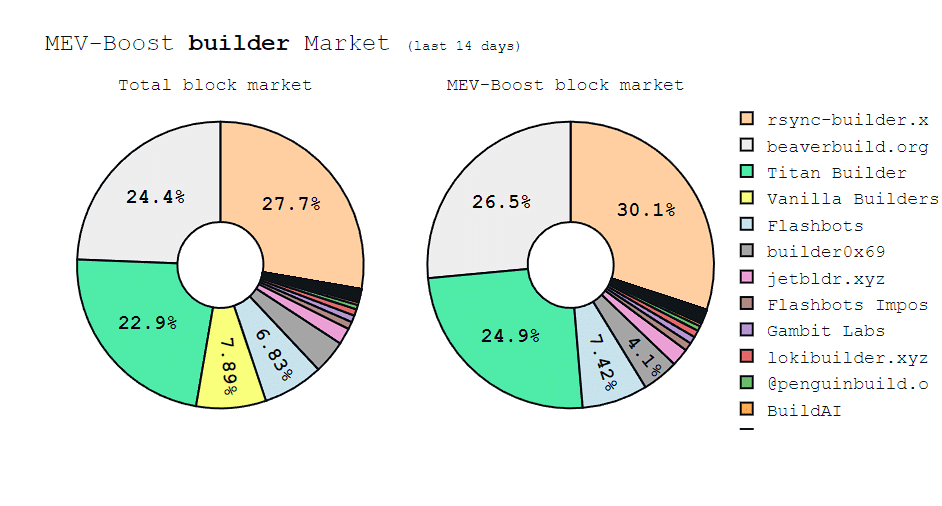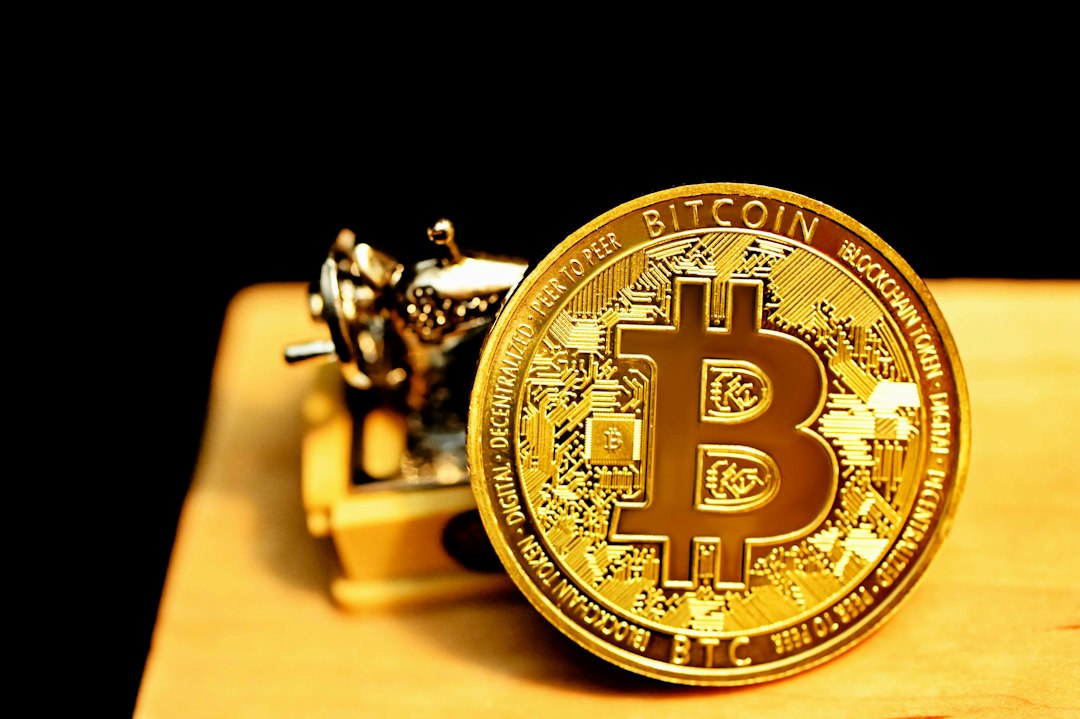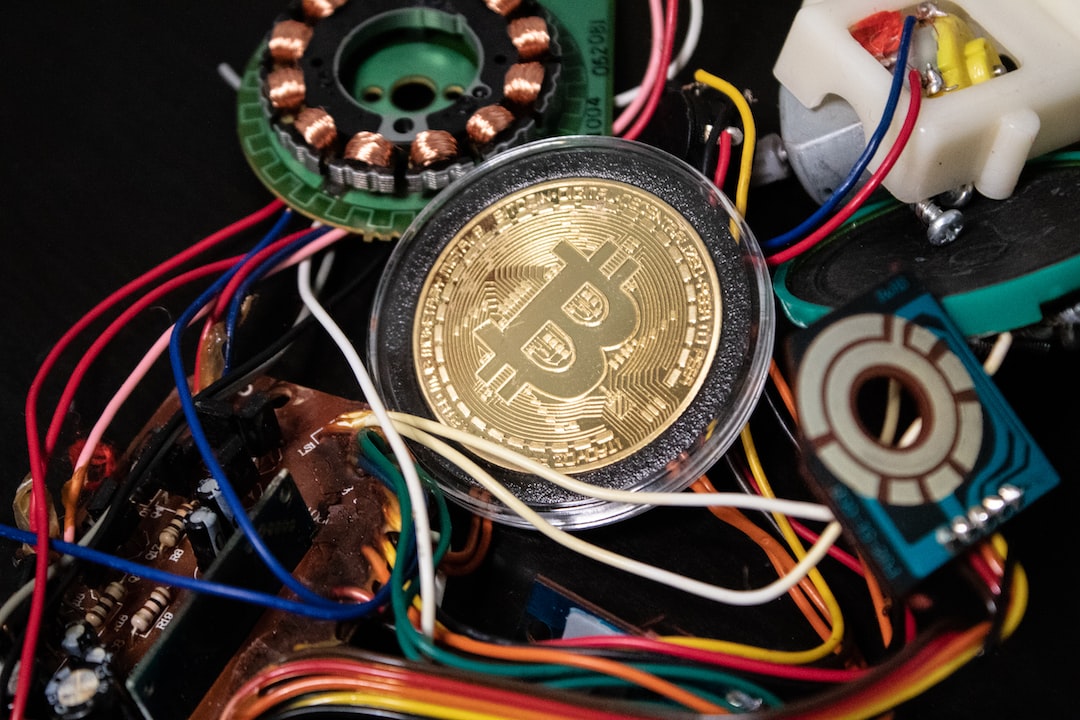A Testing of Ethereum’s Decentralization
Ethereum’s core principle of decentralization is being challenged as key players increasingly censor transactions linked to US sanctions. This shift towards censorship began when the US Treasury Department sanctioned Tornado Cash, an Ethereum mixing service, claiming it was used by illicit actors. The code for Tornado Cash was added to the US blacklist, sparking criticism of government overreach and censorship.

Increase in Censorship
Recent research from Ethereum Foundation researcher Toni Wahrstätter reveals a significant increase in censorship of transactions tied to US sanctions on the Ethereum network. The percentage of “censored” blocks has surged from around 25% in November 2022 to approximately 72% currently. This rise is primarily driven by block builders, with five major builders contributing over 90% of Ethereum blocks. Only one builder, Titan Builder, claims not to filter transactions.

Impact on Ethereum’s Values
This increasing censorship is seen by many in the Ethereum community as a betrayal of the network’s founding principles. Ethereum’s appeal lies in its decentralized nature, free from real-world biases. However, block builders now have significant power over which transactions are included, allowing them to selectively exclude addresses flagged by US sanctions. Some builders defend this censorship as compliance with regulations, but critics argue it sets a dangerous precedent and limits access to the blockchain for sanctioned individuals.
F2Pool was filtering (censoring) OFAC Bitcoin transactions recently and everyone got mad and then they stopped almost immediately.
Can Ethereum do the same with censoring builders? As in, just ask that they stop. Like is this a corollary would you say or no? pic.twitter.com/6NUBmoEWuF
— Gwart (@GwartyGwart) November 29, 2023
The Creep of Centralization
Aside from censorship, the concentration of transaction functions in a few dominant block builders poses security risks and raises concerns about fairness and transparency. These builders have privileged access to pending transaction data, potentially allowing them to profit through trading strategies before transactions are added to the blockchain.
Ethereum’s leadership is exploring solutions to address this issue. Vitalik Buterin has proposed updates that limit transaction blocking by validators and builders. The challenge of maintaining Ethereum’s decentralized ethos may shape its future direction and determine its ability to evolve while staying true to its core principles.
Hot Take: Ethereum at a Crossroads
Ethereum’s increasing censorship of transactions tied to US sanctions raises questions about its decentralized nature and adherence to founding principles. While some argue it is necessary compliance, others view it as a dangerous precedent that contradicts Ethereum’s core values. The concentration of power in a few block builders also poses security risks and questions of fairness. To address these concerns, Ethereum’s leadership is considering updates to prevent transaction blocking. The outcome of this challenge will shape the future direction of Ethereum and its ability to maintain decentralization while adapting to external rules.





 By
By
 By
By
 By
By
 By
By
 By
By